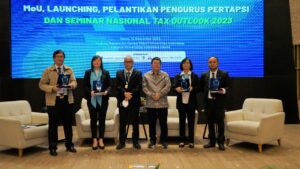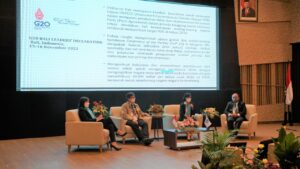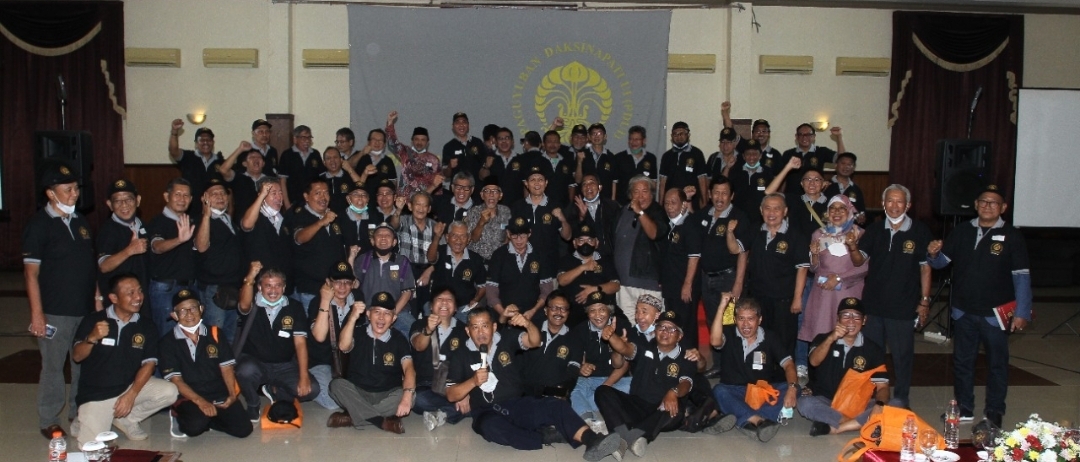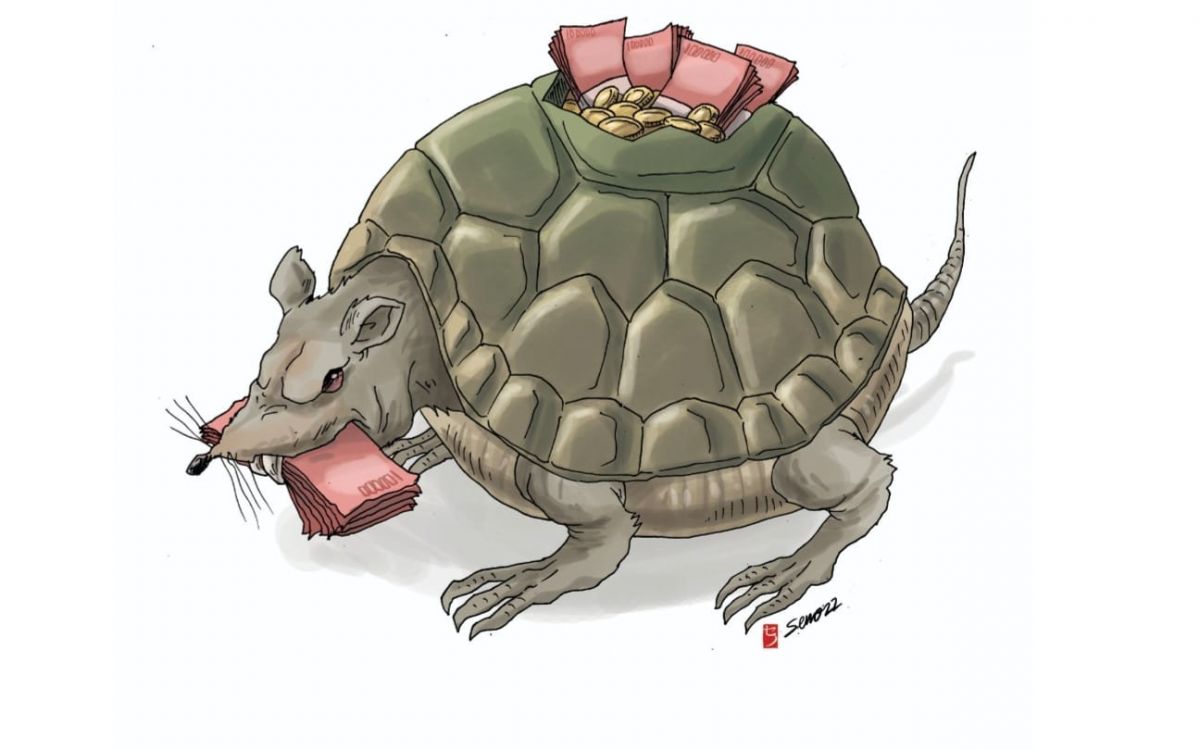
Global warming followed by climate change will continue to threaten the sustainability of life on earth. That is why, Indonesia’s priority development policy directions in 2023 include low-carbon development and energy transition. In realizing this, it is necessary to form a plan for the implementation of carbon trading and carbon taxes in Indonesia.
Lecturer at the Faculty of Administrative Sciences (FIA) at the Universitas Indonesia (UI) who is also a researcher at the FIA UI Tax Center, Dr. Titi Muswati Putranti, M.Sc. said that for the carbon trading scheme it is necessary to measure and acknowledge the ownership of carbon units for certificates of emission reductions (offsets). “Apart from that, we also recommend that the government can set limits and concessions for target sectors, review pricing policies on carbon-intensive activity goods, create good carbon trading governance, and reduce the continuous use of coal gradually,” he said.
“So, we can switch to renewable energy and energy conservation,” said Titi again. He added, in implementing taxation and carbon trading, Indonesia needs good carbon tax administration and accounting. It requires regulation regarding the impact of carbon taxes on fuel prices and green industries. Apart from that, it is also necessary to know about the impact on certain sectors or populations, as well as the mechanisms for dealing with it.
The Law (UU) on the Harmonization of Tax Regulations (HPP) contains the imposition of an Indonesian carbon tax, namely the rate set at IDR 30/kilogram of carbon dioxide equivalent (CO2e) or the same unit. Titi assessed that the determination of these tariffs tends to be small when compared to the average global carbon tax price.

Reporting from the International Monetary Fund (IMF), the carbon tax that applies globally, is 75 dollars / ton or equivalent to Rp. 1300 / kilogram. At the end of her presentation, Titi said, “Essentially, the goal of a carbon tax is to change the behavior of industries and individuals on how to produce or carry out low-carbon or low-emission activities.”
He conveyed this matter at the National Tax Outlook 2023 Seminar organized by the Indonesian Association of Tax Centers and Tax Academics (PERTAPSI), last week (Monday, 12/12). On the same occasion, in the event Titi was appointed Vice Chair I of PERTAPSI as part of a series of events launching and inaugurating PERTAPSI management for the 2022-2026 period.
Dean of FIA UI, Prof. Dr. Chandra Wijaya, M.Sc., M.M., also congratulated Titi on the new mandate. “I hope that in the future PERTAPSI and FIA UI can collaborate for the development of tax administration knowledge in Indonesia,” said Prof. Chandra.



